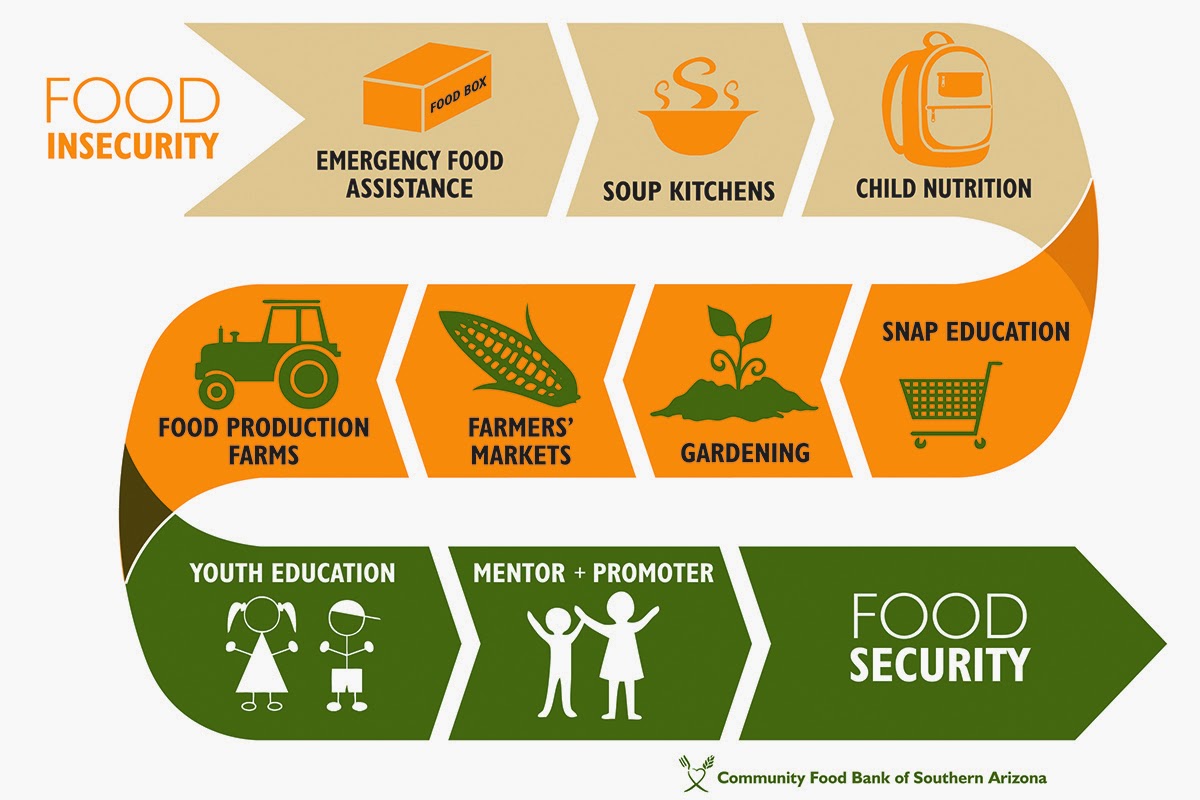Abdul Rauf
The significance of food in shaping cognitive abilities and societal structures is a multifaceted and crucial aspect of human life. Food plays a pivotal role in shaping cognitive abilities by providing essential nutrients that support brain function and development. The type of food consumed can impact cognitive functions such as memory, concentration, and overall mental acuity. Additionally, the cultural and social aspects of food consumption contribute to the formation of societal structures. Food practices and traditions often reflect and reinforce social hierarchies, values, and norms within a community or society. Furthermore, the availability and access to certain types of food can influence economic disparities and power dynamics within a society. Therefore, understanding the significance of food in shaping cognitive abilities and societal structures is essential for comprehending human behavior, social interactions, and overall well-being.
Throughout history, humans have been engaged in an invisible battle for dominance, from empire building to modern quests for information superiority. This battle is intricately linked to the availability of nutrients and food consumption patterns across the world. The consumption of food, rich in essential fibers and macronutrients, plays a pivotal role in shaping formative psychologies, leading to statistical minds, cognitive performances, and forward-looking speculative psychologies. Efficient mass performative psychologies give rise to diverse mindsets and thinking cultures, ultimately influencing power dynamics at all levels.
While meritocracy is often touted as the path to success, it can often be a paradox, as individual outcomes are influenced by circumstances at birth. The concept of meritocracy, as highlighted in Daniel Markovits’s “The Meritocracy Trap,” often perpetuates inequality and creates barriers to inclusion for lower and middle-income individuals. This paradox of meritocracy, where the promise of equal opportunity clashes with the reality of unequal circumstances, is a critical aspect of our societal structures. Elite education and privileged opportunities further exacerbate these disparities, hindering the potential for equal access to opportunities.
Moreover, the impact of adequate food choices in early life stages on later performance is a crucial consideration. Adequate food consumption during developmental years significantly influences an individual’s competence and multidimensional functionalities. Conversely, inadequate food choices can hinder diverse performance markers, impacting individuals into adulthood. At a broader level, this phenomenon extends to state competition on the international stage, where countries with adequate food choices have a greater potential for development and performance compared to those with limited food resources.
According to a report by The Economist titled “How to Raise the World’s IQ,” human consciousness has experienced a steady increase over the years, credited to improvements in food quality, micronutrients, and folic acid. This rise in human IQ has contributed to the development of statistical thinking and analytical skills, essential for effective decision-making and democratic consolidation.
The correlation between effective food availability and democratic sustainability is evident. Early intervention in food effectiveness is not just important, it’s crucial for nurturing cognitive abilities and understanding, which form the bedrock of a functional democracy. From early formative psychological development to sustained adequate food intake in adulthood, the availability of good food choices fosters innovation and inventive reasoning, leading to increased productivity and positive social contributions.
It is imperative for states to regulate effective food consumption, thereby empowering citizens to develop constructive mindsets that can be harnessed for nation-building and enhance their global presence. By recognizing the profound impact of food on human potential and global dynamics, societies can work towards fostering environments where individuals have access to nutritious food, ultimately leading to a more equitable and prosperous world.

















